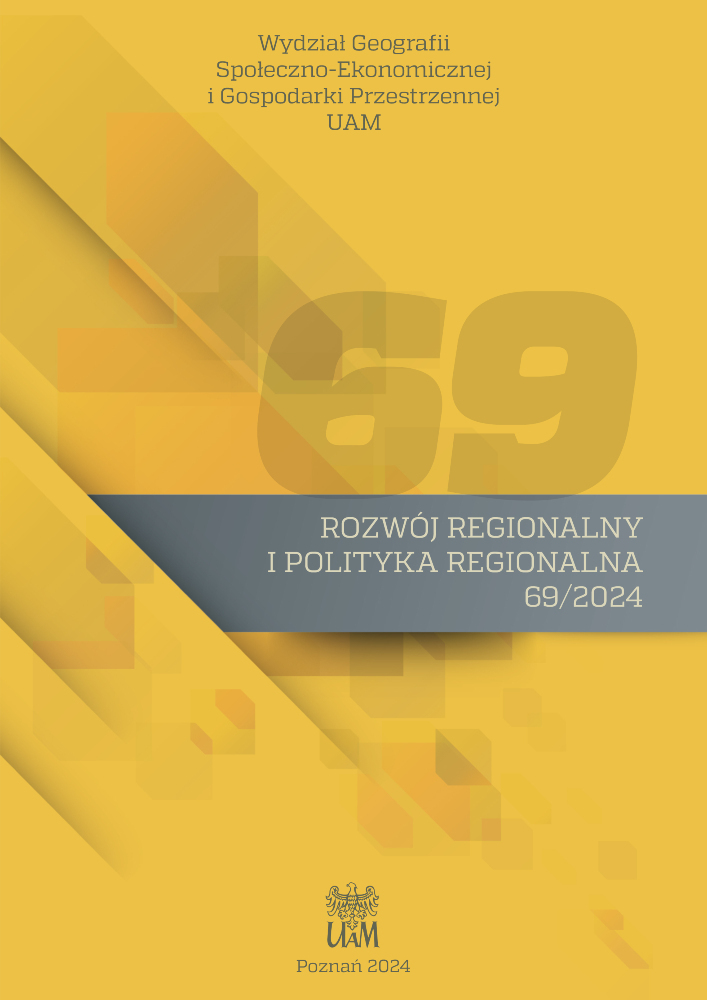Geneza i przesłanki członkostwa małych miast w sieci Cittàslow. Przykłady z Niemiec, Włoch i Polski
Origins and sources of membership of small towns in the Cittàslow network. Case studies from Germany, Italy and Poland
Author(s): Urszula Kaczmarek, Tomasz KaczmarekSubject(s): Government/Political systems, Social development, Economic development, Socio-Economic Research
Published by: Uniwersytet Adama Mickiewicza
Keywords: small towns; new localism; Cittàslow network; Italy; Germany; Poland;
Summary/Abstract: The article refers to the premises and genesis of the development path adopted by selected European cities based on the assumptions of the slow city concept, as well as examining the extent to which membership in the Cittàslow network is known and socially accepted. The research was carried out in twelve towns in northern Germany, central and southern Italy and several regions of Poland. The main research methods were standardized in-depth interviews with city mayors and surveys con-ducted among their residents. The cultural-national view of the Cittàslow concept has a wide scope and can be helpful in assessing the universality of the concept itself and its implementation. The implementation of the slow city idea in small towns presented in this article is based on the concept of new localism, in which an important element of development is the susceptibility of small towns to innovations, including social innovations coming from external factors (here, the international association of small towns).Based on interviews with city mayors, a generalized picture of the main initiators and the genesis of joining the international network emerges. In Italy, the source of the implementation of the slow city concept is the need to protect and support the local economy (mainly agricultural and crafts) and the cultural values associated with it, hence the initiators of accession are slow food organizations and entrepreneurs, and local leaders. In Germany, the dominant reason for participating in the movement was the desire to implement the principles of sustainable development in the form of a condensed strategy and developed principles, assumptions of the slow city concept, and the idea to implement the cittaslow concept came from strategic consultants, organizations and local managers, entrepre-neurs and activists of the slow food movement. In Poland, it was the initiative of regional authorities and, in a few cases, personal contacts of local leaders, existing city partnerships or participation in other city networks. Having a Cittaslow certificate is perceived as an advantage for the city when applying for funding, e.g. from EU funds.In the statements of residents of cities where the idea of slow has already been consistently imple-mented, a lower level of support for belonging to the network can be observed. This is due to the awareness of activities related to the “slow city” concept and the introduction of restrictions, e.g. for construction, urban car traffic, trade and tourism
Journal: Rozwój Regionalny i Polityka Regionalna
- Issue Year: 2024
- Issue No: 69
- Page Range: 215-233
- Page Count: 19
- Language: Polish

